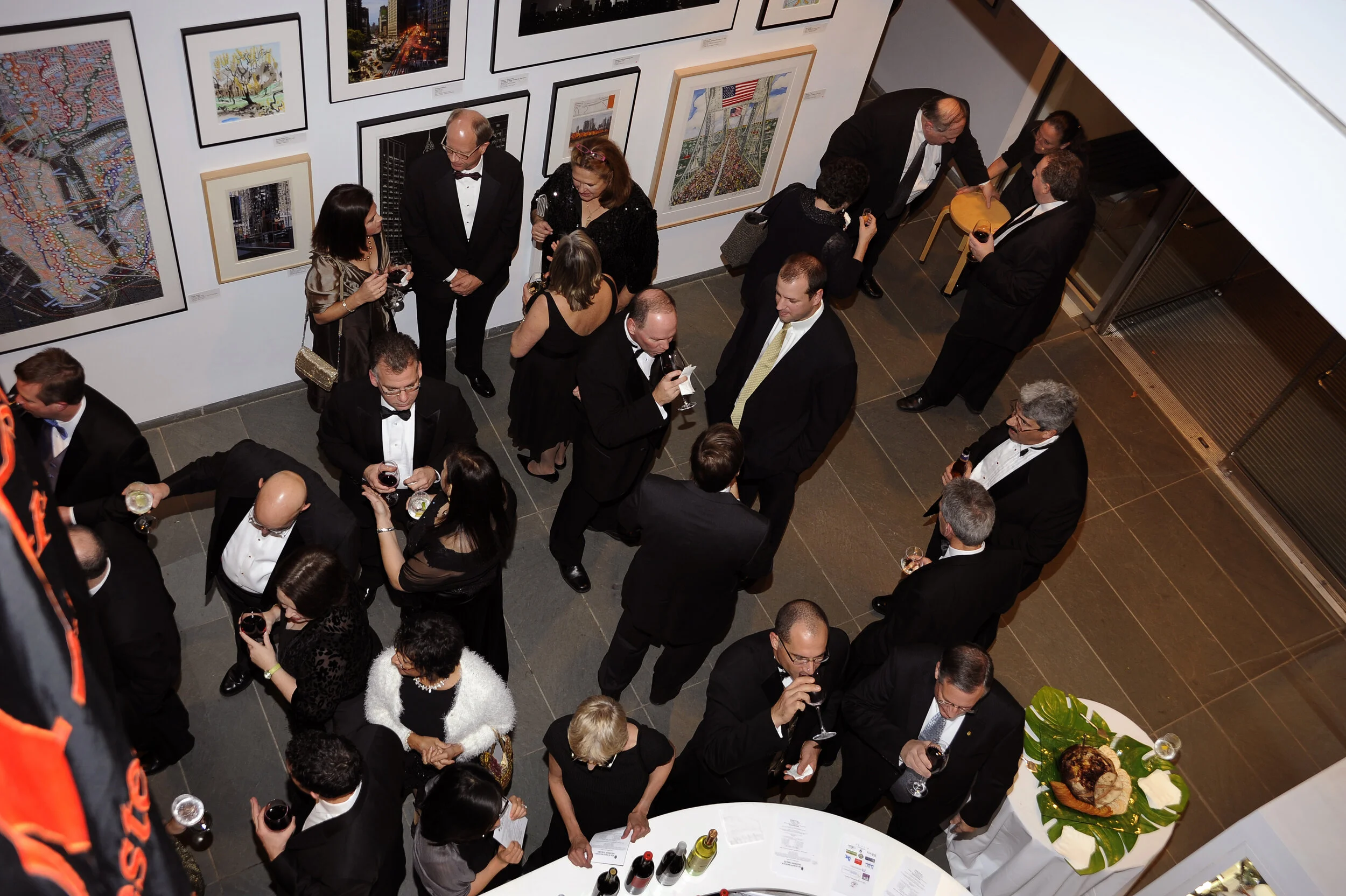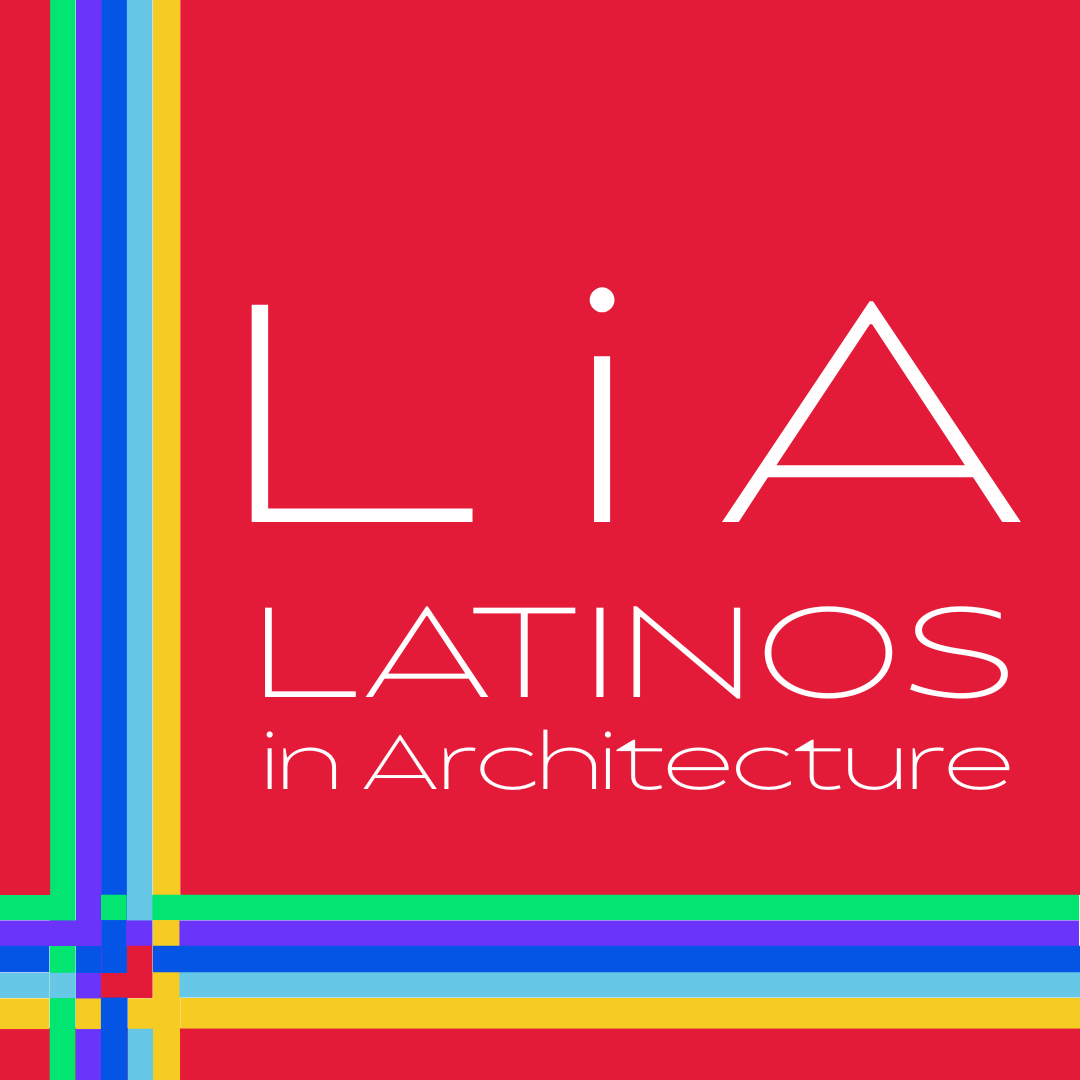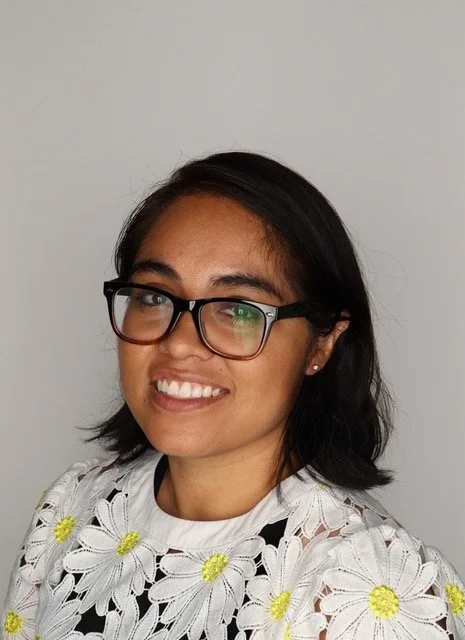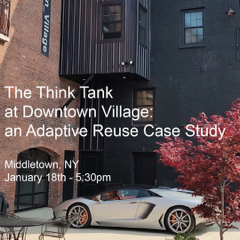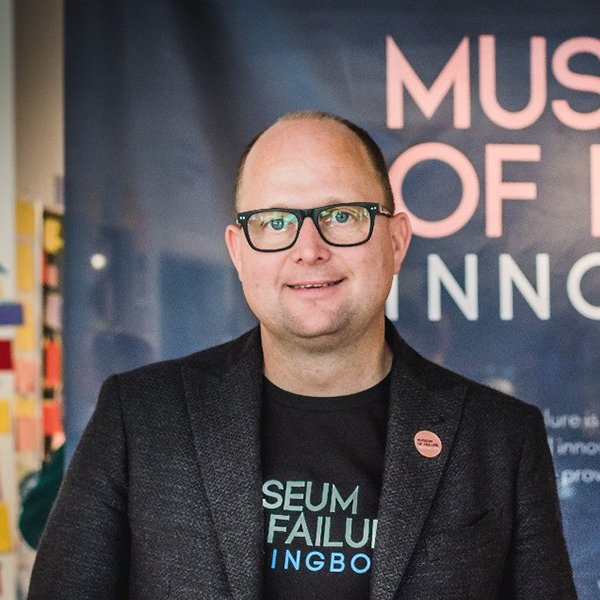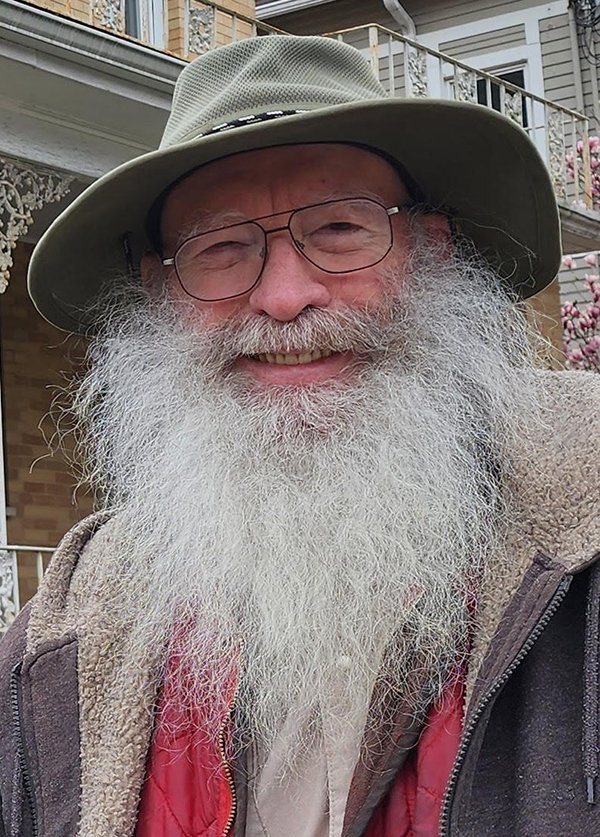
Zoom - Graciela Carrillo, FAIA
Lifting as I Rise:
Building Space for Women and Immigrants in Leadership
Graciela Carrillo, FAIA
Sponsored by
AIAWHV 2025 Latinos in ArchitectureDate: November 13, 2025
Time: 12:00 pm - 1:00 pm
Venue: Zoom
Credits: 1 AIA credit
Price: Free AIA/Associate AIA/Students, $5 Non member
Graciela Carrillo, FAIA shares her inspiring journey from arriving in the U.S. on a work visa to becoming a licensed architect, the first Latina President of AIA Long Island, and a national leader within the American Institute of Architects. Along the way, she co-founded the Immigrant Architects Coalition and, through Arquitina, helps mentor Latinas in architecture while establishing programs that support women, immigrants, and underrepresented voices in the profession.
She highlights how recognition, appreciation, and intentional acts of gratitude are not only powerful leadership tools but also essential in building inclusive communities. Through personal stories and practical lessons, she explores how breaking barriers and creating space for others transforms leadership into a collective achievement.
Attendees will leave inspired to reflect on their own leadership path and challenged to consider: Who are you lifting as you rise?
This session delves into the convergence of leadership, identity, and advocacy, focusing on professionals in the architecture field. Through personal experiences and collective efforts, it illuminates the challenges and possibilities of fostering inclusive leadership pathways. Participants will explore strategies to navigate systemic obstacles, understand the value of representation, and learn practical approaches to incorporate mentorship, sponsorship, allyship, and gratitude-driven leadership into their careers. Attendees will gain actionable insights to build resilience, enhance leadership potential, and pave the way for others as they advance.
Learning Objectives
By the end of this session, participants will be able to:
1. Identify systemic obstacles faced by architects in the profession and adopt inclusive strategies to enhance equitable access to leadership roles.
2. Implement mentorship and sponsorship techniques to support professional development, knowledge exchange, and sustained retention of diverse talent in architectural practice.
3. Integrate gratitude and recognition practices into leadership styles to foster collaboration, improve workplace well-being, and boost team performance.
4. Assess their own leadership journey and create practical steps to build supportive environments that empower others, contributing to a more equitable and thriving professional community.

